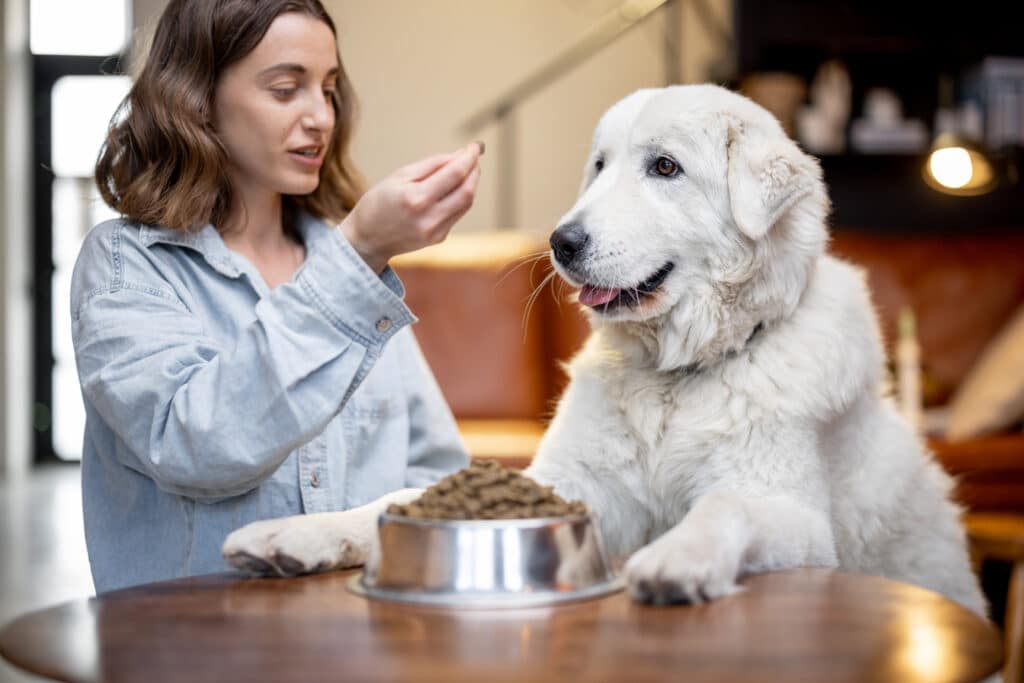- Your cart is empty
- Continue Shopping
Why Pets Have Less Appetite in Summer ?

Several factors contribute to pets having less appetite during the summer months:
- Heat: Just like humans, pets may experience a decrease in appetite during hot weather due to the discomfort caused by high temperatures. Heat can reduce their desire to eat, as they may feel lethargic and less inclined to engage in activities such as eating.
- Dehydration: In warmer weather, pets are more prone to dehydration, especially if they spend time outdoors or engage in physical activities. Dehydration can suppress appetite and lead to decreased food intake.
- Change in Routine: Summer often brings changes in routine, such as vacations, outdoor activities, or changes in feeding schedules. These disruptions can affect a pet’s appetite and eating habits.
- Spoiled Food: Warmer temperatures can lead to food spoiling more quickly, which may result in pets refusing to eat food that smells or tastes off.
- Increased Activity Levels: Pets may be more active during the summer, spending more time playing or exercising outdoors. This increased activity can reduce their appetite, as they may be more focused on burning energy rather than eating.
- Seasonal Allergies: Just like humans, pets can experience seasonal allergies, which may include symptoms such as sneezing, itching, and watery eyes. These allergies can affect their appetite and overall well-being.
- Heat-Related Illnesses: Heatstroke and other heat-related illnesses can cause nausea and loss of appetite in pets. It’s important to ensure that pets have access to shade, water, and a cool environment to prevent heat-related issues.
- Insects and Parasites: Summer brings out more insects and parasites, such as fleas and ticks, which can make pets uncomfortable and lead to decreased appetite.
- Change in Diet: Some pet owners may change their pet’s diet during the summer months, such as feeding lighter meals or incorporating more wet food to help with hydration. These dietary changes can sometimes affect appetite.
- Stress: Changes in routine, travel, or exposure to unfamiliar environments during the summer can cause stress in pets, which may result in a decreased appetite.
If a pet experiences a significant loss of appetite or any other concerning symptoms during the summer, it’s important to consult a veterinarian to rule out any underlying health issues and ensure proper care.




